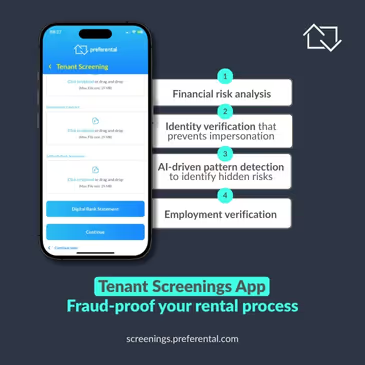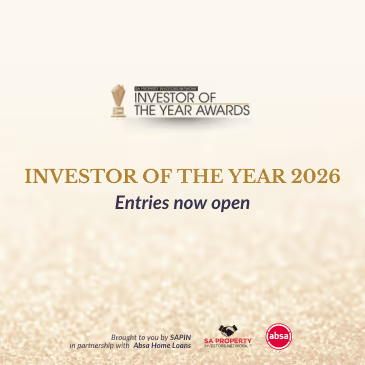Seven Key ingredients to building a successful Property Portfolio: From Blueprint to Breakthrough
Top 3 Takeaways
- Success isn’t instant: Building a property portfolio takes time, smart planning, and long-term vision, not quick-win thinking.
- Know your market: Tailoring developments to real demographic needs ensures relevance, demand, and long-term occupancy.
- Finance smartly: Understanding your loan terms, timelines, and cash flow is as critical as the bricks and mortar.
Introduction: Building Wealth, One Property at a Time
Creating a successful property portfolio is much like launching a scalable business, it’s bold, complex, and deeply rewarding when done right.
This isn’t a shortcut to overnight wealth, but a strategic journey rooted in smart planning, market understanding, and long-term resilience. Whether you're developing new builds or refurbishing existing spaces, the same key ingredients apply.
The Essential Ingredients of a Successful Property Portfolio
Due Diligence
- Study the market, demographics, and property specifics.
- Understand what the area needs, avoid overbuilding or misaligned developments.
- Conduct thorough inspections and assess risks before committing.
Market Understanding
- Know who your tenants are: young professionals, retirees, families?
- Align your property design and location to serve real, sustainable demand.
Sound Financial Strategy
- Property is capital-intensive. Ensure you have structured financing that supports long-term growth.
- Work with credible partners like TUHF who offer clear, accessible terms and long-term support.
Efficient Execution
- Be ready to act quickly when opportunity arises—delays can cost deals.
- Manage timelines, contractors, and regulatory requirements with precision.
Skill Development
- Combine hard skills (financial literacy, market analysis, project management) with essential soft skills like patience, attention to detail, and adaptability.
- Invest in training—programmes like TUHF’s TPPE, in partnership with UCT, help sharpen these skills.
Long-Term Vision
- Focus on building value, not chasing quick profits.
- TUHF, for example, supports entrepreneurs with 15-year loan terms to encourage sustainable growth.
Adaptability
- Stay open to learning and adjust to changing market trends or shifts in regulation.
- Ask questions, seek advice, and stay agile in your approach.
Final Advice: Build for the Long Haul
If you're serious about building a lasting and successful property portfolio, start with the basics: do your homework, secure the right partners, and commit to continuous learning. Avoid rushing into deals, keep your finances in check, and stay aligned with your long-term goals.
The most successful property entrepreneurs are those who combine discipline, vision, and resilience, brick by brick, they turn smart strategy into lasting wealth.
About the author
Siya Jele is a Portfolio Manager at TUHF













.avif)


.avif)

.avif)




.svg)





























.avif)
